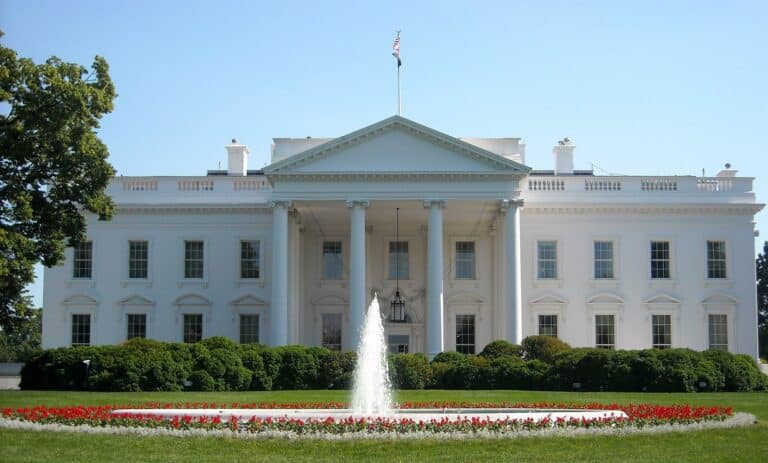William Greenlaw is a student at Harvard Law School.
Continuing the trend of rising worker power during the pandemic, the technical staff of the New York Times will be holding a vote to unionize this month. The voters number about 566, including engineers, analysts, designers, and project managers working on the Times website and apps. If ratified, these workers would be joining The Communications Workers of America Newsguild. The newspaper itself has argued for a much smaller bargaining unit. The employer claims that there is too great a diversity of skills, functions and working conditions to have a sufficient community of interest for unionization. In contrast, the NLRB has sided with the workers’ definition of the bargaining unit, saying, “The engineers are part of the team and they are the product builders who take the ideas of the team designers and bring those product ideas to life through writing specialized code.” These employees have the same supervision, “are subject to the same policies, [and] are functionally integrated.” The CWA already represents about 1,300 members of the Times staff. Nozlee Samadzadeh, a guild organizer, said, “We are thrilled that the NLRB found that we are one union, and are proud to be setting a precedent for our fellow tech workers across the industry.”
Damages for emotional suffering may be coming to labor remedies. General Counsel Jennifer Abruzzo has recently argued to the National Labor Relations Board that it should use its power for make-whole remedies to include other categories, such harm related to emotional distress, loss of professional standing, and reputational damage. Describing current remedies as “feeble,” General Counsel Abruzzo has described the basic conundrum with labor remedies: “Businesses increasingly view the cost of unionization as greater than the cost of violating the Act, and an entire industry of union-avoidance experts has arisen to support many employers’ goal of doing whatever it takes to remain union-free.” In response, a coalition of business groups filed a brief opposing the idea, arguing that the board lacks authority under the NLRA to impose such remedies. Several national unions support the General Counsel’s proposed approach. That includes the Service Employees International Union, United Food and Commercial Workers Union, and National Nurses United.
In litigation news, Dollar Tree will pay out $50,000 to a job applicant with a hearing impairment to settle a discrimination lawsuit alleging that it refused to hire the applicant at one of its chains. The lawsuit claims that Dollar Tree instead decided to hire otherwise less qualified applicants without hearing impairments, according to the Equal Employment Opportunity Commission’s press release. In addition to monetary damages, Dollar Tree has agreed to provide protections for applicants with disabilities and train its staff on the ADA and rights of individuals with disabilities in the workplace.






Daily News & Commentary
Start your day with our roundup of the latest labor developments. See all
June 2
Proposed budgets for DOL and NLRB show cuts on the horizon; Oregon law requiring LPAs in cannabis dispensaries struck down.
June 1
In today’s news and commentary, the Ninth Circuit upholds a preliminary injunction against the Trump Administration, a federal judge vacates parts of the EEOC’s pregnancy accommodation rules, and video game workers reach a tentative agreement with Microsoft. In a 2-1 decision issued on Friday, the Ninth Circuit upheld a preliminary injunction against the Trump Administration […]
May 30
Trump's tariffs temporarily reinstated after brief nationwide injunction; Louisiana Bill targets payroll deduction of union dues; Colorado Supreme Court to consider a self-defense exception to at-will employment
May 29
AFGE argues termination of collective bargaining agreement violates the union’s First Amendment rights; agricultural workers challenge card check laws; and the California Court of Appeal reaffirms San Francisco city workers’ right to strike.
May 28
A proposal to make the NLRB purely adjudicatory; a work stoppage among court-appointed lawyers in Massachusetts; portable benefits laws gain ground
May 27
a judge extends a pause on the Trump Administration’s mass-layoffs, the Fifth Circuit refuses to enforce an NLRB order, and the Texas Supreme court extends workplace discrimination suits to co-workers.